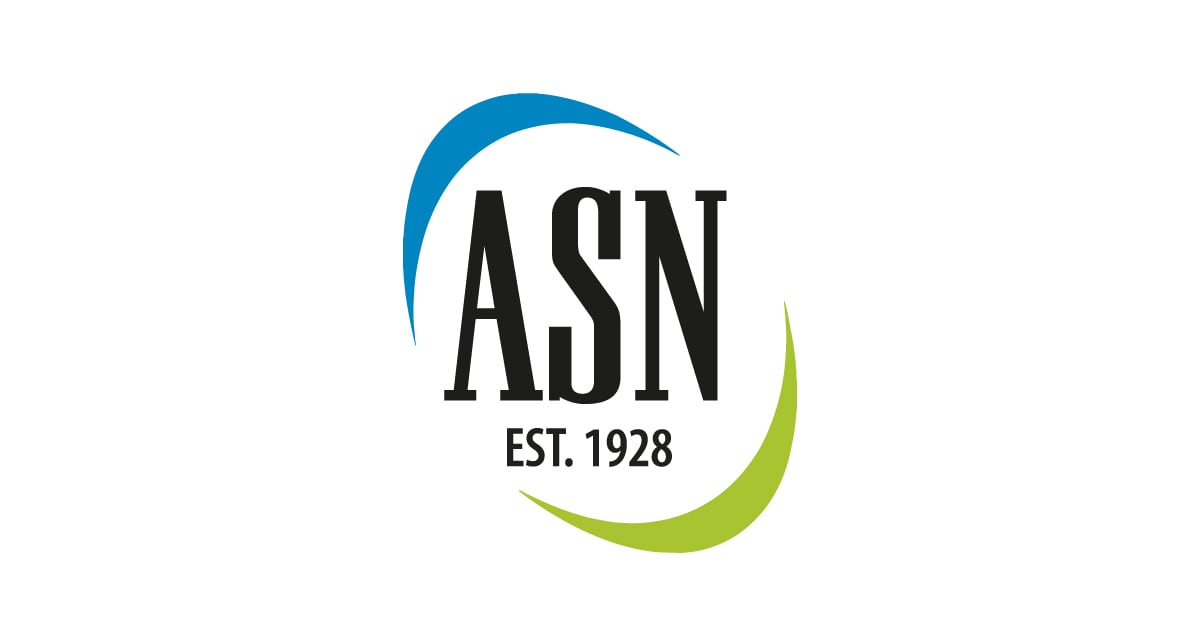During the last trimester of pregnancy and the first few years of life, long chain fatty acids such as docosahexaenoic acid (DHA) and arachidonic acid (AA) are of upmost importance in relation to physical growth and neurodevelopment. Because preterm babies miss critical time in the womb, there is concern that these particular fatty acids may be lacking. DHA and AA supplementation has been associated with improved neurologic development, visual maturation, and growth among preterm infants.
To date, most clinical trials have focused on DHA supplementation during infancy. However, toddlerhood can also be a period of poor growth and DHA deficiency due to weaning from human milk or infant formula. Despite the absence of information supporting supplementation for children born preterm during the second year of life, numerous DHA-supplemented foods and formula products are marketed for toddlers.
“While the current study makes important contributions to understanding growth during the second year of life of infants born preterm, further research is needed before it can be concluded that DHA supplementation to toddlers has no effect on growth or adiposity.”
Catherine Field, PhD, University of Alberta
A new study published in The Journal of Nutrition examined the effects of DHA and AA supplementation on growth and adiposity in toddlers born preterm. In this randomized placebo-controlled trial, conducted by Dr. Sarah Keim (The Abigail Wexner Research Institute at Nationwide Children’s Hospital) and colleagues, infants born at < 35 weeks- gestation were assigned to receive daily oral supplements of DHA and AA (treatment) or corn oil (placebo) for 180 days. Indices of growth and body fat percentage were measured at baseline and trial completion.
Among the 377 children included in the final analysis, daily supplementation with DHA and AA did not affect the growth or adiposity of toddlers born preterm. Although little is known regarding the dose of DHA required to support optimal growth during toddlerhood, this study did not demonstrate a clinically important effect of DHA supplementation after the first year of life on growth or adiposity in children. However, these findings alone should not be viewed as conclusive regarding the benefits of DHA supplementation.
A corresponding editorial by Catherine Field (University of Alberta) and colleagues provides substantial added insights regarding the complexities of the research findings. “While the current study makes important contributions to understanding growth during the second year of life of infants born preterm, further research is needed before it can be concluded that DHA supplementation to toddlers has no effect on growth or adiposity.”
Reference Ingol TT, Li R, Boone KM, Rausch J, Klebanoff MA, Turner AN, Yeates KO, Nelin MA, Sheppard KW, Keim SA. Docosahexaenoic and arachidonic acid supplementation of toddlers born preterm does not affect short-term growth or adiposity. The Journal of Nutrition, Volume 149, Issue 12, December 2019, Pages 2182–2190, https://doi.org/10.1093/jn/nxz115.
Patel D, Orsso CE, Haqq AM, Field CJ. Are there benefits to growth with supplementing long-chain PUFAs to toddlers born prematurely? The Journal of Nutrition,Volume 149, Issue 12, December 2019, Pages 2075–2076, https://doi.org/10.1093/jn/nxz152.
Exceptional Science & Inspiring Speakers

Get access to over 60 hours of the best science and latest clinical information at your convenience.
Images credit: canva.com




